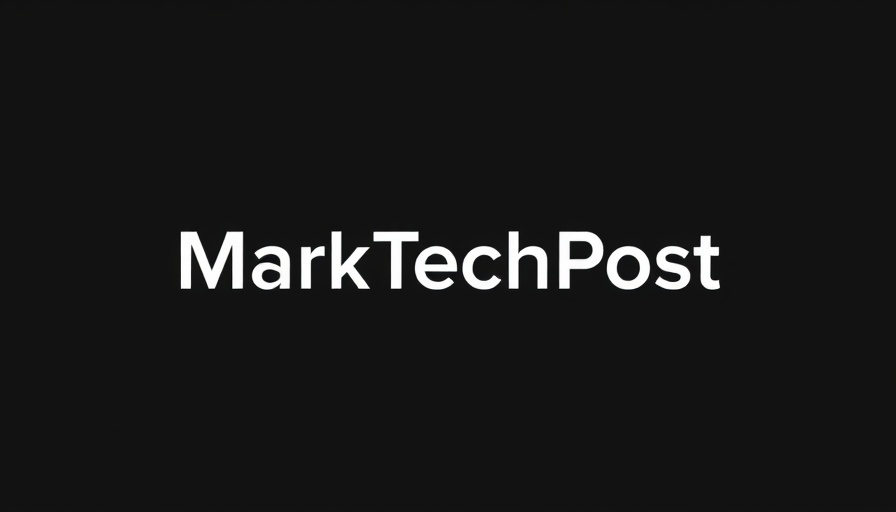
Understanding AI-Driven Antitrust Concerns
As small and medium businesses (SMBs) navigate the complex landscape of competition, the rise of artificial intelligence (AI) in market economics presents new challenges, especially regarding antitrust law. AI-driven pricing tools, particularly those using methods like reinforcement learning (RL), can change how businesses compete and interact in the marketplace.
The Mechanics of AI Pricing Strategies
Imagine an online store that uses AI algorithms to adapt its pricing in real-time based on competitor prices. These algorithms can sometimes create scenarios that resemble collusion, manipulating prices without the explicit intent of the business owners. This outcome can lead to higher prices for consumers, which is a primary concern for regulators. Because AI agents learn from available data, their ability to mimic competitor behavior can lead to pricing strategies that maintain high pricing levels, effectively acting as a silent agreement among competitors.
The Legal Landscape: Are You Aware?
For SMBs, understanding the legal ramifications of using AI in pricing is crucial. In the United States, the Sherman Act prohibits price-fixing or any conspiracies that restrain trade. Even without direct communication, if the use of AI leads to cartel-like behaviors, companies could face significant legal challenges. Similarly, in the European Union and the UK, the law also captures these behaviors under competition laws. The fine print can include algorithm-driven practices that align pricing strategies.
Tackling Algorithmic Collusion: What Businesses Should Know
As algorithms evolve, how can small businesses adapt without crossing legal boundaries? Here are a few strategies:
- Understand AI Tools: Familiarize yourself with the algorithms and AI pricing strategies you’re implementing. Ensure they adhere to legal guidelines.
- Transparency: Maintain transparency about how your pricing strategies are created. Use publicly available data without sharing sensitive internal pricing information.
- Seek Legal Guidance: Consider consulting with legal experts on competition law when integrating AI into your pricing strategies.
Real-Life Examples: Learning from the Topkins Case
In the recent Topkins case, an explicit cartel operation was uncovered, where businesses coordinated their pricing strategies through algorithms. This situation serves as a cautionary tale for all small enterprises. Remaining informed about these legal precedents can help protect your business and create trust in your market practices.
Future Predictions: Navigating a Changing Landscape
As technology continues to advance, experts predict that AI’s role in market pricing will grow, leading to more scrutiny from regulators. For SMBs, embracing transparent and ethical AI practices now will position them to thrive in an increasingly AI-driven economy. Awareness and education about these tools will be key to navigating the competitive landscape without violating antitrust laws.
How Can You Prepare?
To harness the benefits of AI while mitigating risks, businesses should integrate AI responsibly and train teams on legal implications. Proactive strategies include developing best practices for using AI, keeping boards informed on changes in regulatory environments, and advocating for fair competition policies that support innovation without sacrificing market integrity.
As competition evolves with the advent of AI, small and medium businesses must adapt to maintain compliant and ethical practices. By understanding the tools available and their implications, businesses can thrive in the changing market landscape.
Take charge today! Equip your business with knowledge and resources that foster ethical AI practices and ensure compliance with antitrust laws—your business reputation may depend on it.
 Add Row
Add Row  Add
Add 



Write A Comment